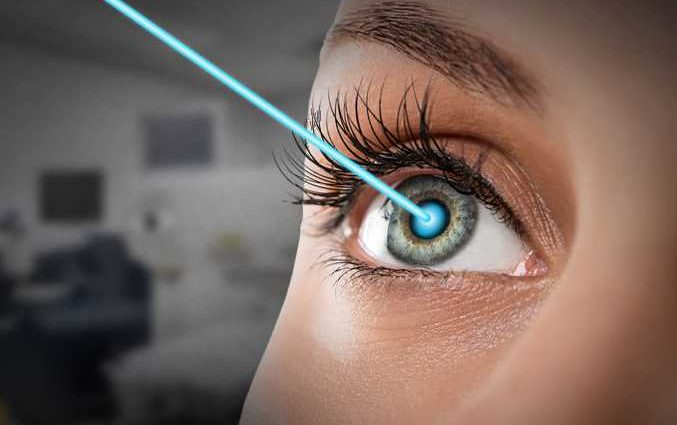Laser eye surgery in Turkey has a significant success rate, and the complication related to it is rare. Many side effects occur but are resolved through advanced surgical procedures. The risks associated with laser eye surgeries vary and depend upon the types of surgery among the most common are LASIK, LASEK, and PRK. These are all designed to treat many defects counting myopia, hyperopia as well as astigmatism having minimal risks.
Eligibility for laser eye surgery
- Everybody is not a perfect candidate for laser eye surgery; many factors increase the risk of undesirable results or which limit the positive results of the surgery. You are not a perfect candidate for laser eye surgery if
- You have existing unstable vision
- You have age limitations
- You have dry eyes
- You have heightened refractive error
- You are pregnant or any other physiological factors
- You have laser eye side effects and complications
- You have existing degenerative disorders
Types of laser eye surgery
Laser eye surgery today offers patients clarity, convenience, and freedom from contacts and glasses. however, there are three main corrective surgery LASIK, LASEK, and PRK and are designed to reshape the cornea . all three are different from each other and not for all surgeries you would be the right candidate. All these eye surgeries are completely bladeless and is done to replace the lens of the eye. Nowadays, laser eye surgery has become more customizable and simpler to get accurate, long-lasting vision correction. Although laser eye surgery in Turkey is safe, keep in mind that no surgery is entirely without risk. While ophthalmologists in Turkey are trained as well as experienced professionals, however sometimes unexpected problems may arise for which they will help you out. Below are some types of laser eye surgery :
- About LASIK
LASIK i.e., laser-assisted in situ keratomileusis, is also known as laser eye operation. It is a type of Refractive Surgery in which an excimer laser is used to change the shape of the Cornea to improve vision. The Cornea is the transparent front part of the eye that helps a person to focus light to create an image on the retina. If the shape of the Cornea is not fine, the image on the retina is out-of-focus, or it will be blurred or distorted, which creates imperfections in the focusing power of the eye and that are well known as Refractive Errors. Many Refractive Errors are counting Myopia (nearsightedness), Hyperopia (farsightedness) as well as Astigmatism, which can be corrected with eyeglasses or contact lenses. Also, another option to treat them is by Refractive Surgery or LASIK, which reshapes the Cornea itself to improve the focusing power of the eye. With LASIK, eye surgeons use lasers or a tiny blade to create a small flap in your cornea. The next step is to raise this, and after that, surgeons use lasers to reshape the cornea. After the completion of the surgery, the raised flap is lowered back down, and the cornea repairs itself over the next few months.
- About PRK
PRK i.e., Photorefractive Keratectomy, is a type of laser surgery and is another refractive surgery in which an excimer laser is used to change the shape of the cornea to improve vision. It is somewhat the same as LASIK, the difference is in the first step of the procedures as in PRK laser eye surgery in Turkey eye surgeon takes away the top layer of the cornea, also called the epithelium. After that, eye surgeons use lasers to reshape the other layers of the cornea and finally fix an irregular curvature in your eye.
- About LASEK
In the LASEK procedure, the outer layer of the cornea is removed and replaced and is considered as one of the most common refractive surgeries and most successful too. It has a short recovery period, as a patient will completely back to regular activities within a day or two. This type of laser eye surgery is a good option for people who have thin corneas and do not have not enough tissue to create the flap needed for LASIK.
During every laser eye surgery in Turkey listed above, you’ll feel a little bit of pressure or discomfort. All the above surgeries are great options for correcting vision and have high success rates.

